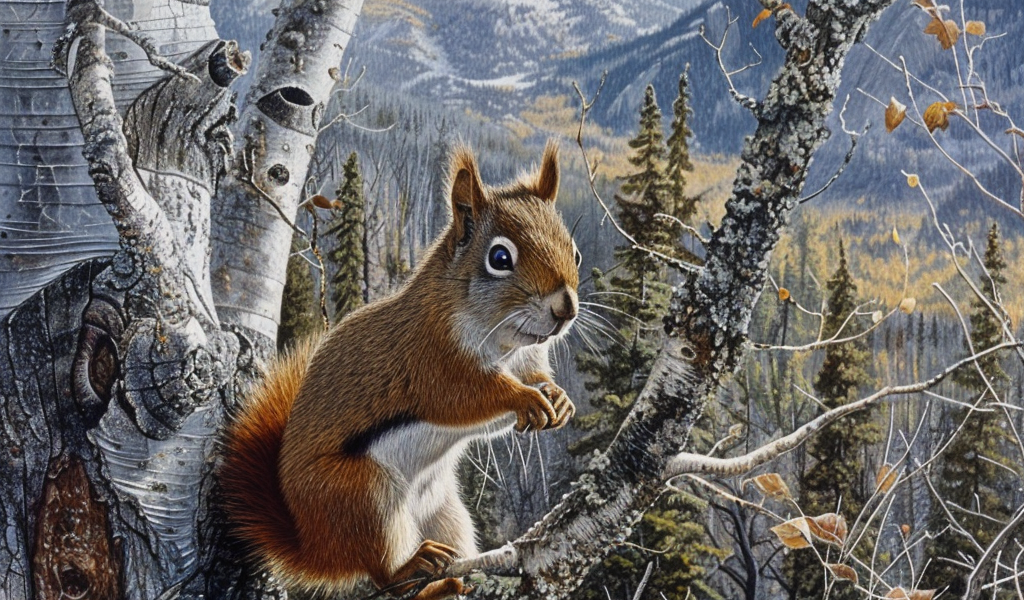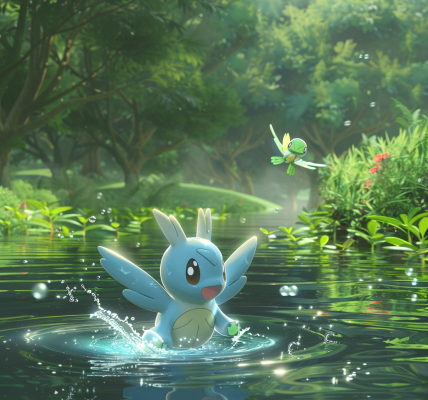Red squirrels living in Canada’s Yukon territory face a challenging environment that can significantly impact their lifespan, according to a recent study. Researchers have found that the early life experiences of these resilient rodents play a crucial role in determining their longevity.
The study, published in the journal Proceedings of the Royal Society B: Biological Sciences, reveals that red squirrels in the Yukon who survive past their first year have an average lifespan of about 3.5 years. However, those who face adversity in their early years, such as food scarcity, may see a 14 percent reduction in their life expectancy.
The research, based on data collected by the Kluane Red Squirrel Project, a long-term field study spanning over 30 years, sheds light on the challenges these animals face in their natural habitat. Factors like harsh winters, limited resources, competition for habitat, and threats from predators all contribute to the stress experienced by red squirrels.
One of the key findings of the study is the impact of food availability on squirrel populations. Red squirrels heavily rely on the seeds from white spruce trees, which are produced in abundance every three to seven years during a ‘food boom’ period. Interestingly, squirrels that experienced a food boom in their second year of life, following a difficult first year, were found to have similar or even longer lifespans compared to those with less adversity.
Lead researcher Lauren Petrullo, an ecologist and evolutionary biologist from the University of Arizona, highlighted the unique ecosystem of the Yukon region that shapes the lives of red squirrels. The study emphasizes the importance of understanding how environmental factors can influence the lifespan of wildlife species.
While red squirrels serve as proxies for studying ecological and evolutionary processes, the study underscores the limitations of using laboratory settings to replicate real-world conditions. The insights gained from studying wild populations of red squirrels offer valuable information for conservation efforts and wildlife management strategies.





